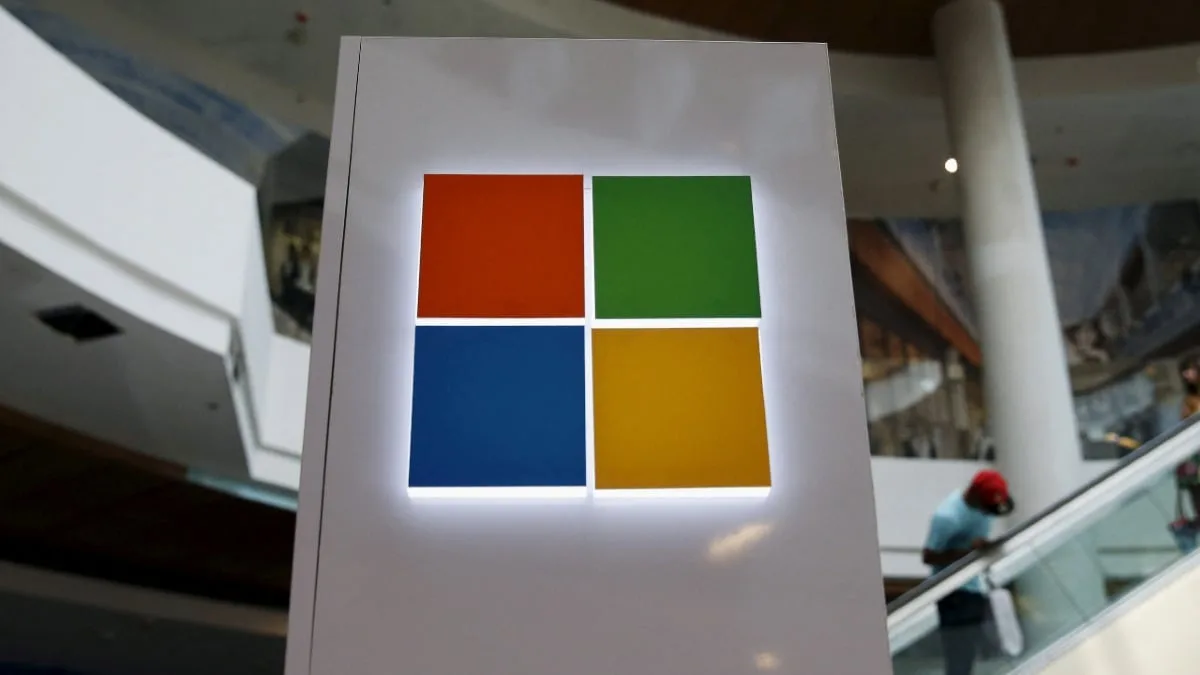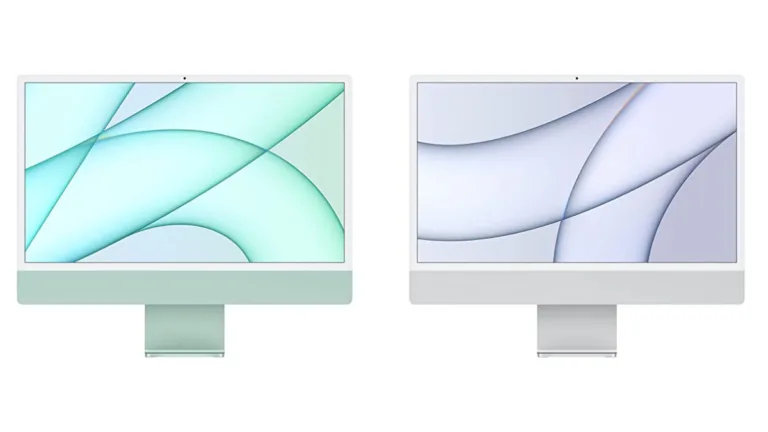Microsoft’s Licensing Offer Said to Likely Satisfy EU on Activision Deal
Microsoft’s offer of licensing deals to rivals is likely to address EU antitrust concerns over its $69 billion (nearly Rs. 5,68,000 crore) acquisition of Activision, three people familiar with the matter said, helping it to clear a major hurdle.
Microsoft announced the Activision bid in January last year, its biggest ever, to take on leaders Tencent and Sony, in the booming videogaming market and to venture in the metaverse which is virtual online worlds where people can work, play and socialise.
The European Commission, which is scheduled to decide on the deal by April 25, is not expected to demand that Microsoft sell assets to win its approval, the people said.
Activision shares spiked up 1.8 percent in pre-market trading after the Reuters’ story was published.
Microsoft President Brad Smith last month said the US software group was ready to offer rivals licensing deals to address antitrust concerns but it would not sell Activision’s lucrative Call of Duty franchise.
Smith said it was not feasible or realistic to think that one game or one slice of Activision can be carved out and separated from the rest.
The EU competition enforcer declined to comment.
Microsoft said it was “committed to offering effective and easily enforceable solutions that address the European Commission’s concerns.”
“Our commitment to grant long term 100 percent equal access to Call of Duty to Sony, Steam, NVIDIA and others preserves the deal’s benefits to gamers and developers and increases competition in the market,” a Microsoft spokesperson said.
Last month, Microsoft said it had signed 10-year licensing deals with Nintendo and Nvidia that will bring Call of Duty to their gaming platforms, with the agreements conditional on a green light for the Activision deal.
The deal faces regulatory headwinds in Britain, where the UK competition agency has suggested that Microsoft divests Call of Duty to address its concerns while the US Federal Trade Commission (FTC) has asked a judge to block the deal.
© Thomson Reuters 2023







